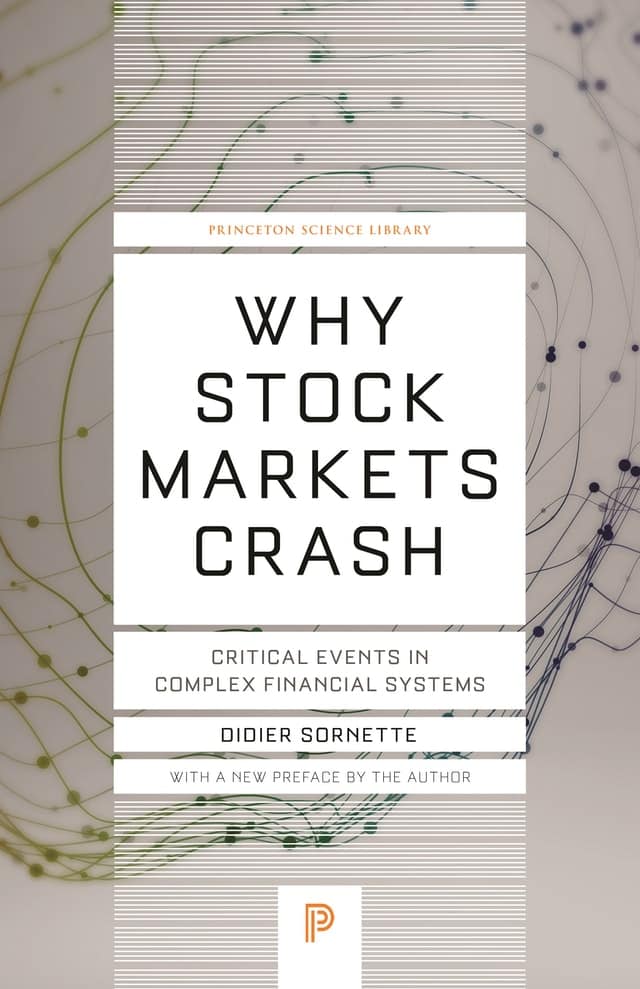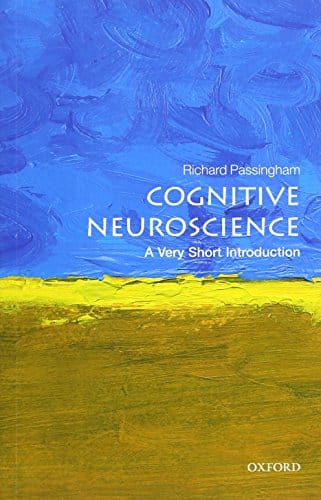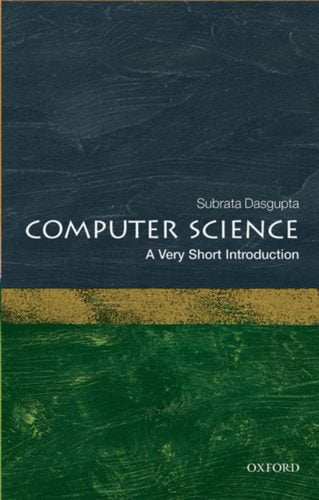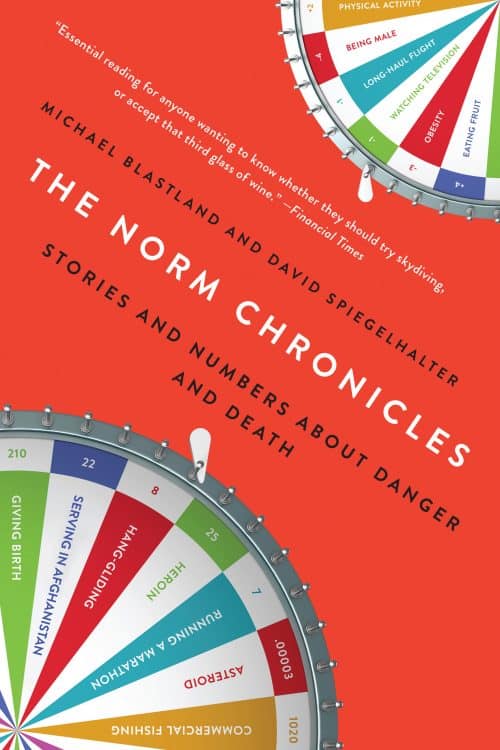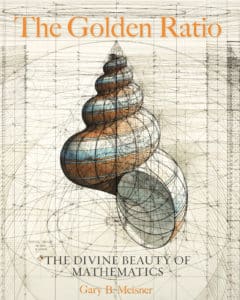“In recent years, researchers in both the natural and social sciences have been able to model and forecast events as diverse as earthquakes, global warming, demographic trends, financial crises, and the failure of materials thanks to the scientific study of complex systems. Didier Sornette bravely applies his broad experience in various fields in this book to establish a straightforward, effective, and all-encompassing theory of how, why, and when stock markets crash.
Most attempts to explain market failures focus on identifying the specific events that happen minutes, hours, days, or weeks before the collapse. According to Sornette’s radical alternative theory, the fundamental cause of the unexpected, catastrophic occurrence can be found months or even years prior to the development of cooperative speculation, which frequently manifests as an accelerated increase in market price, also known as a “bubble.” The “end of the growing age” will happen around 2050, according to his thorough, step-by-step research based on cutting-edge physics and statistical modeling approaches. He also makes other astounding discoveries and predictions.
Sornette explores significant historical precedents, including the Great Crash of October 1929, Black Monday in 1987, the South Sea Bubble that ended with the first significant market crash in England in 1720, the decades-long “tulip mania” in the Netherlands that abruptly faded in 1637, to name just a few. He concludes that most hypotheses other than cooperative self-organization fall short of explaining the subtle bubbles that the markets use to set themselves up for disaster.
This book should be read by any investor or investing expert who wants to have a thorough understanding of impending financial catastrophes, why Stock Markets Crash is a highly creative “scientific narrative,” as Sornette so well puts it, of the thrilling and occasionally terrifying—but no longer quite so incomprehensible—the world of stock markets. It will be welcomed by physicists, geologists, biologists, economists, and others.”

